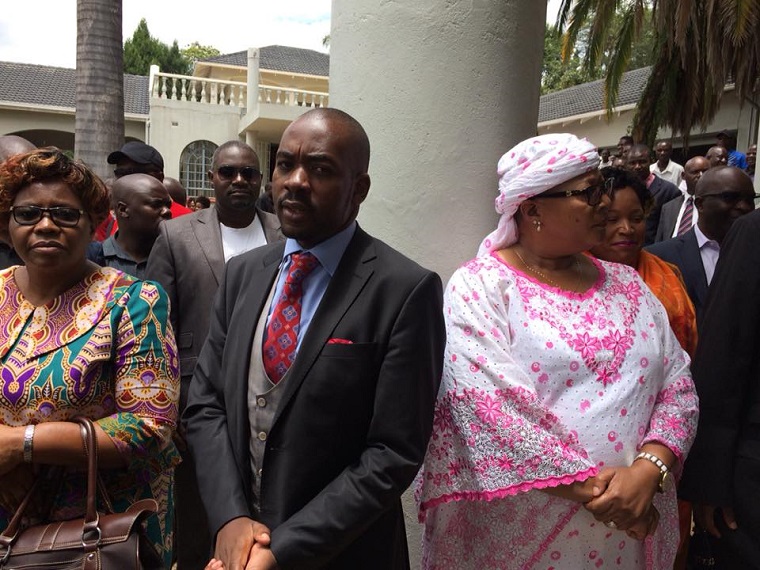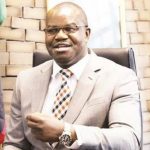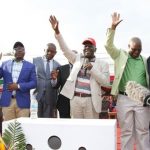- But Chamisa was already elected Party President
Yes and no. The Court referenced the Smith government’s declaration of UDI and subsequent court cases dealing with the question of incumbency as a matter of fact (de facto) as opposed to a matter of right/law (de jure). For some judges, even though the Smith government was not legitimate in terms of the law, its effective control of the territory necessitated acceptance of its legitimacy. To an extent, the Court similarly acknowledged Advocate Chamisa’s populist bona fides. In typical Justice Patel perspicacity, he writes that “…I am confronted by what I perceive to be the ineluctable exigencies of realpolitik.” The Court noted that Advocate Chamisa was elected unanimously at congress, unopposed. He not only has effective control of the Party but he has proven himself the most formidable opposition candidate at the polls. Thus, the Court conceded that Advocate Chamisa’s de facto leadership of the Party rendered the appeal academic as it had been overtaken by events.
However, and in a dramatic twist, Advocate Chamisa’s own populist bona fides were turned against him. The Advocate’s formidability as a candidate and viability of his party only served to heighten the Court’s scrutiny since “…it might someday be electorally elevated to become the ruling party in Zimbabwe.” The tenets of rule of law and good governance were found to be even more relevant in such circumstances. Thus, the congress which elected Advocate Chamisa was not in accordance with the High Court order. It was not under the stewardship of the Dr. Khupe as Acting President and is insufficient to discharge the obligations created by the High Court order. Almost like the UDI government in need of proper process before it can be recognised, his populist bona fides require constitutional process to attain de jure incumbency. Populism without process has turned out to be wholly inadequate for the party of excellence.
- But the judgment is about MDC-T and not MDC Alliance
Not exactly. The judgment is germane to the MDC. MDC-T was a moniker developed to distinguish the Tsvangirayi faction from that of Welshman Ncube/Arthur Mutambra. Officially, they both remained MDC. Similarly, the MDC Alliance was a vehicle for elections used by seven political parties led by the MDC, hence the prefix to its title. The MDC Alliance was never a stand-alone party but a group of parties coalescing around the MDC for purposes of elections. At the conclusion of elections, some alliance members joined the MDC whilst others reverted to their own structures.
Therefore, the MDC, and not the MDC Alliance, held its fifth elective Congress in Gweru where Advocate Chamisa was elected president. It was not an inaugural MDC Alliance Congress but the fifth iteration of the MDC’s elective congresses at which they celebrated 20 years of existence. This is the MDC that was before the Court which has to fulfill the judgment order. The Supreme Court made this abundantly clear by that stating without equivocation that Advocate Chamisa “…was unanimously elected as the President of the Party, i.e. the one that is presently before this Court, at its Congress convened in June 2019.” It is the party which elected Advocate Chamisa as president which is required to abide by the court’s findings. Given that the alliance is something that collapsed into the party after elections, it is counter-intuitive to suggest it can be extricated and presented as the bona fide entity which held a congress 2019. Neither the facts nor the judgment sustain this claim.
Continued next page
(294 VIEWS)


